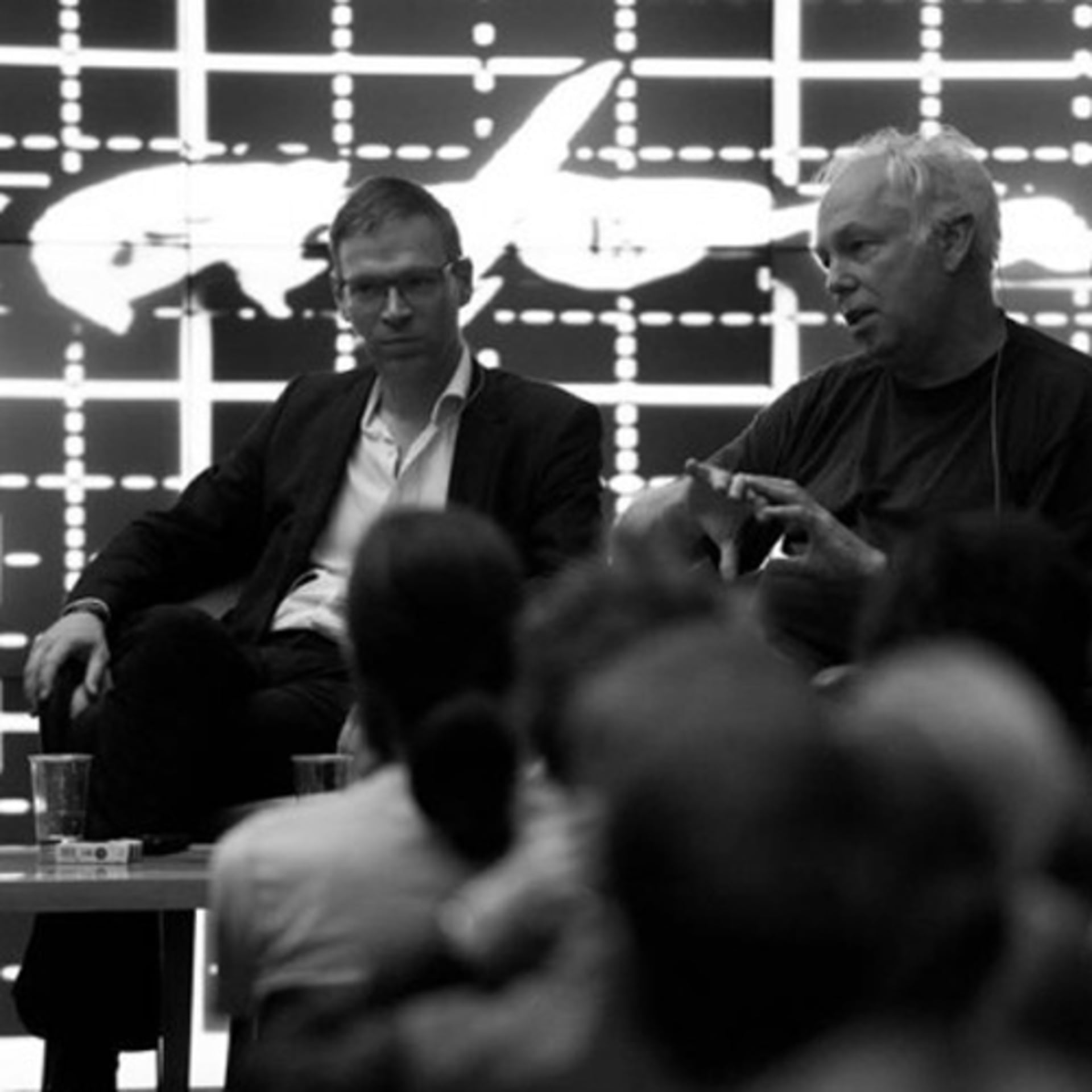
Berlin Atonal’s New Curators On What To Expect From The Revamped Festival
Harry Glass: With Cabaret Voltaire, it’s hard to say what to expect. In this long process of working towards this show, I get the sense that it’s as important for Richard H. Kirk as it is for us. He is taking it very seriously; this is clearly a big deal to him. Every logistical and creative point was labored over, but all we can do is try and create the best possible setting for him to be able to express himself in whatever way that he choses.
Laurens von Oswald: Cabaret Voltaire in its various stages have highly influenced what we do for the festival as a whole. We’ve all heard Richard H. Kirk’s solo work. It’s different, but it’s got the same sort of edge. I think he’s changed a lot as a person. The show that he’ll be doing is audiovisual. It’s going to be exciting to see how Cabaret Voltaire translates to the current climate. He’s made it clear that it’s not going to be nostalgic, that it isn’t going to be a greatest hit concert or anything you might expect. It will be something different.
https://www.youtube.com/watch?v=270GFSCukg4
HG: For the opening concert, Ensemble Modern will perform Steve Reich’s Music for 18 Musicians. Ensemble Modern is the ensemble that recorded this specific piece of music for RCA in the nineties. They’re performing with a team of vocalists from London. For them it’s an historic production—they’re taking the music very seriously. They’re doing it especially for the space and have been sending their sound guys months in advance to check it out. The opening concert will also have a couple of other interesting performances: Konrad Becker/Monoton, who released an album in 1982 that was described by The Wire as one of the most important electronic albums of all time, has agreed to develop a completely new performance based around this album. It’s the first time he’s ever done that and he’ll be debuting it in the opening concert. John Elliott, the boss of Spectrum Spools, one third of Emeralds and one half of Outer Space, is also coming and he’s prepared a special performance for this occasion. It’s been easy to convince them both because they’re both big fans of 18 Musicians. Both described it as some of the most influential music of their life. In fact, it’s interesting how many of the artists that on the surface have nothing to do with New Music—minimalist music—have claimed that it’s one of the most important pieces of music for them.
LvO: That specific piece is usually performed in a a very institutional context: classic theaters, operas, concert houses. I think that’s why it’s exciting for them as well—they get the opportunity to do it for a completely different audience, in a completely different surrounding. On the flipside, for us it’s also important that the other music which might not be well known to the world of the philharmonics gets re-contextualized also. It will be a different audience for both when John Elliot plays alongside Ensemble Modern performing Music for 18 Musicians.
When you take a look at the program, it’s very diverse. There’s a lot of special performances that have a nod backwards but are also very clearly looking forward. The diversity comes also from the way it’s programmed: we have the stage, the afterparties, different contexts all throughout as well as showcases like the VUP Lounge. We have people doing something unusual, in a context that isn’t common in the landscape of music festivals or the Berlin club scene as we know it. Part of our experience is convincing people to do something that they wouldn’t normally do. For them, it is an opportunity to do something different.
HG: We have people that have had no releases like Bleed Turquoise performing next to someone like Cabaret Voltaire, whose catalog of releases you couldn’t fit in one room. But that’s not an agenda or a political statement; we were lead by what we thought fit together. These pairings happen naturally. The fact that we can all have it in one space, in one home, is another reason why we do what we do.
LvO: It’s important that people see it as an experience. We give them a place to consume and to digest the whole experience: music, workshops, film screenings, installations–and food, so there is really no need to leave the premises.
HG: That’s all the virtue of having a single home. You don’t have to be checking your phone for the train schedules to make sure you don’t miss the next act. For the whole five days you know where to go when you’re at Atonal.
LvO: The venue, the context in which the festival is staged in, is a big part of the whole concept. The club program at OHM and Tresor is an integral part of it because it’s another opportunity to showcase music in a context that’s different to the stage. It’s all part of this greater constellation and there are people who will come to this festival just for that. For us, OHM is almost an extension of this garden—this idea of a kind of homey feeling. Last year someone said that every good party ends in the kitchen – for us, that’s OHM and it’s what Atonal is about.
Published July 21, 2014. Words by robertdefcon.
